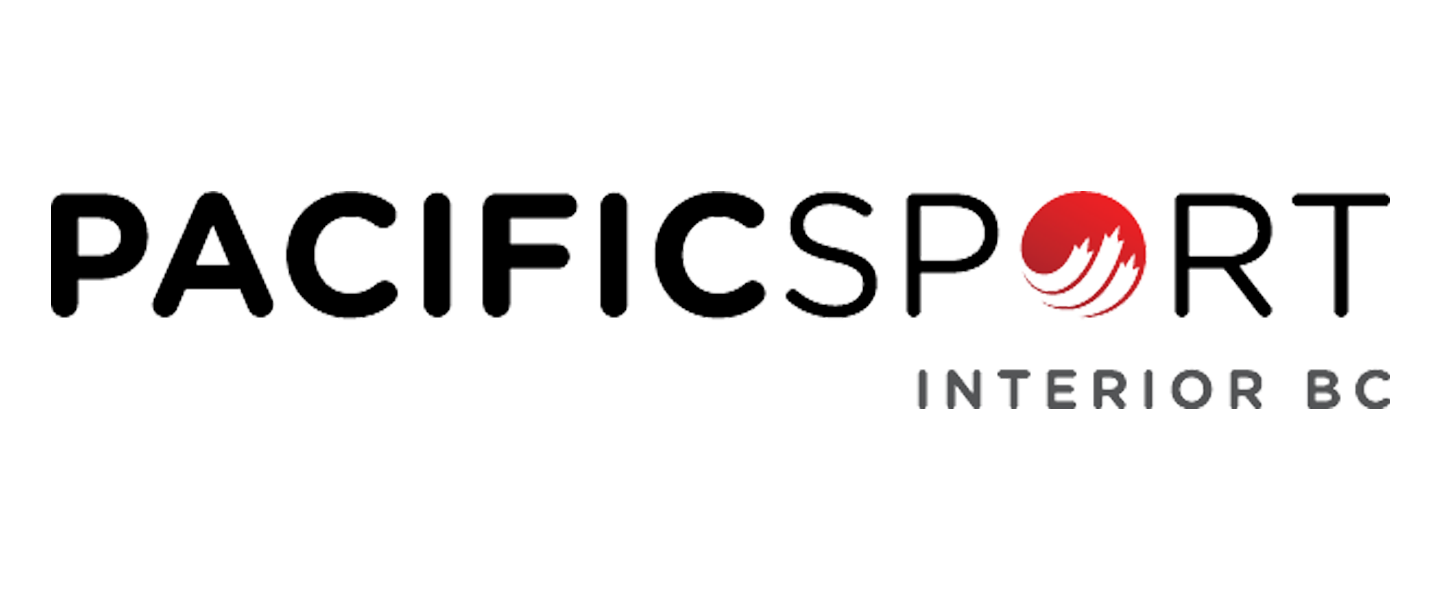Grant writing is not as easy as it looks! Building your grant seeking and grant writing skills is the best way to secure funding for your organization.
The keys to finding grant funding opportunities and writing award-winning grant proposals are knowing where to find opportunities and understanding what funders want to read. In terms of your professional development as a grant writer, it also helps to know that core measure of success: your win rate.
Here are a few resources to help you write better grant applications for your individual or sport organization needs:
- BC Government Gaming Grants
- Assembly of BC Arts Councils – Grant Getting: A Different Sort of Art
- Unlock Your Funding Potential Webinar – A grant writing workshop by Brodie Guy and Dean McKinley.
- Athletes CAN
Best practices for creating a successful grant application
1.Contact Your Grants Officer. It is always a good idea to discuss your applications with the Grants Officer or any funder in advance of the submission deadline as a first time applicant. Write down all of your questions and think about your project idea in preparation for this discussion.
2. Give Yourself Adequate Time. Successful grant writing is not done at the last minute. You should be researching and formulating ideas for your grant application well in advance of the deadline.
3. Read the Guidelines. Always read the program guidelines and application form to determine that your proposed work is eligible and a strong fit for the program’s deadlines and objectives.
4. Determine Artistic Vision and Goals. Think about your artistic vision and what you want to accomplish with the work. Talk about the project with others and articulate its unique artistic merits and importance.
5. Write Clearly and Directly. Answer all of the questions as directly as possible and thoroughly outline the steps that will be taken, key individuals involved, and partners engaged to successfully complete your project.If you are not sure about the meaning of a question, ask your Grants officer.
6. Outline Your Action Plan. Clearly outline the steps that will be taken to ensure the successful completion of your project. Think about questions a jury might ask. Ensure that your plan is detailed and in line with your proposed budget and objectives.
7. Create a Realistic Budget. Research the real cost of activities, services, materials, fees, and equipment. Talk to others who have done similar work or participating in similar events. Research potentials partners and other funders who may be able to support project costs. Include in-kind or donated services and materials in your budget or budget notes.
8. Get Feedback. It is always a great idea to have another person read a draft of your grants application. Grants Officers may also support you by reading a draft of your proposal and providing feedback. Make sure that you provide adequate time for this process (four weeks before deadline).
9. Gather Support Materials. Do not wait until the last minute to gather your support materials. This may be the only opportunity a jury has to see your work so make it count. Ensure that materials are on the best possible formats and are the strongest examples of your work.
10. Follow Instructions and Triple Check Your Grant. Do not put so much hard work into a grant application only to miss the deadline! Make sure your check the deadline delivery time. Go over your final package three times to ensure that everything is in the correct order and completed. Do not send materials that are not requested in the application.
Source: Toronto Arts Council Top 10 Grant Writing Tips
